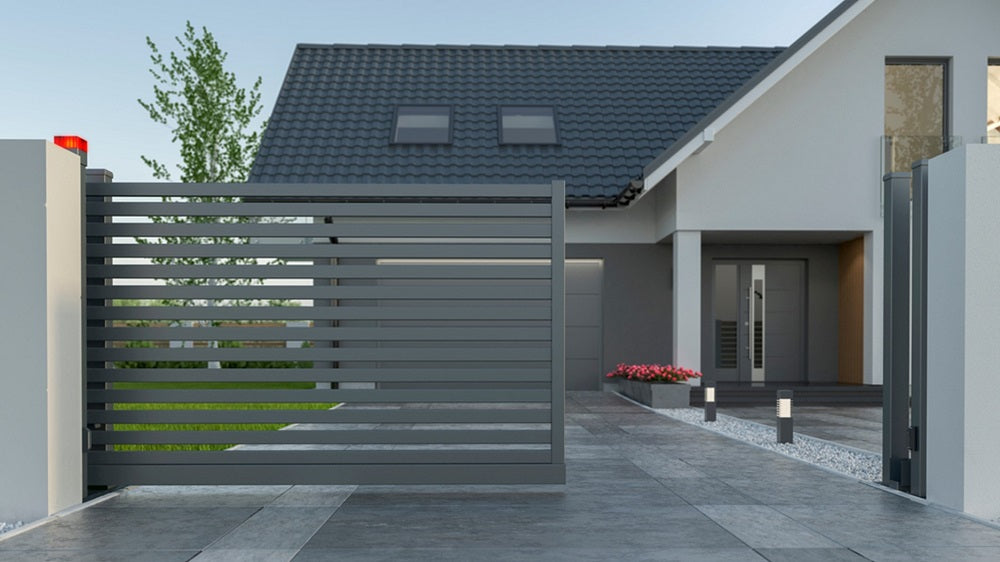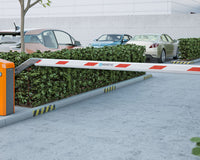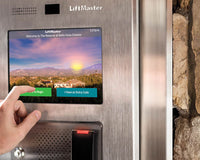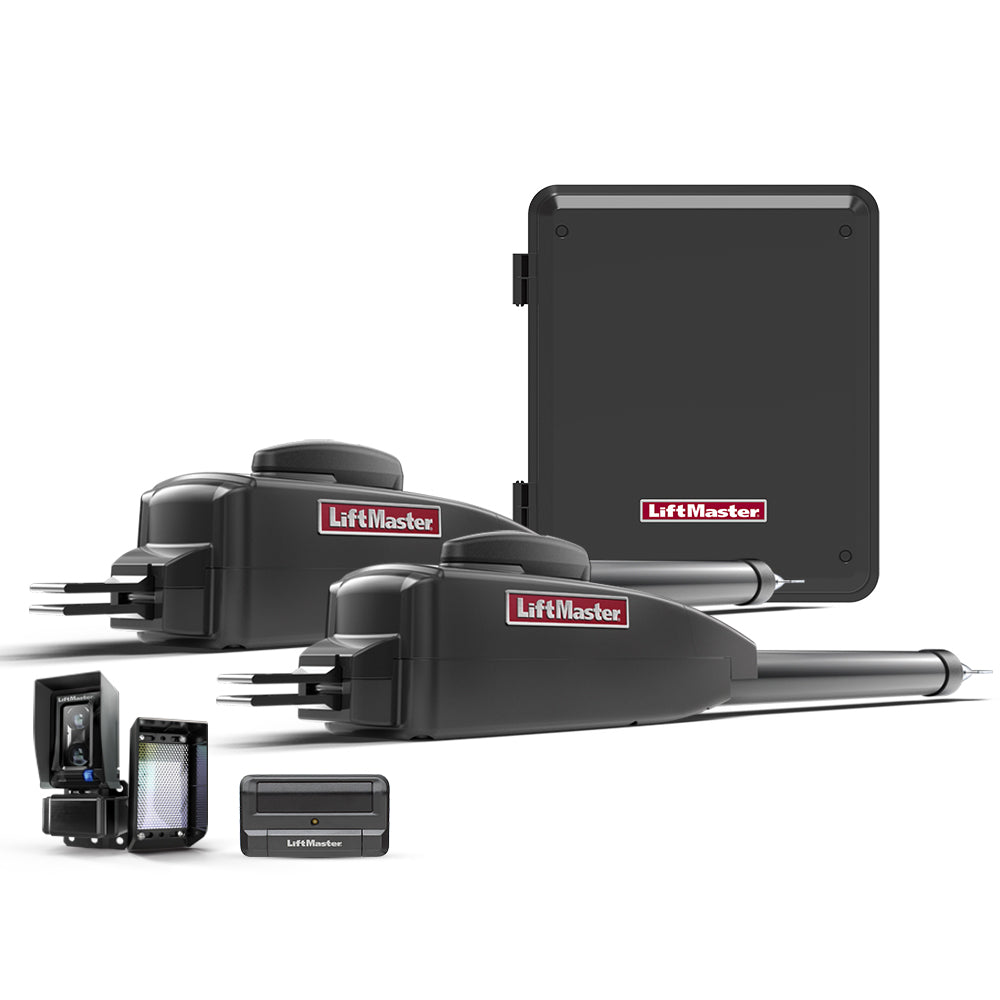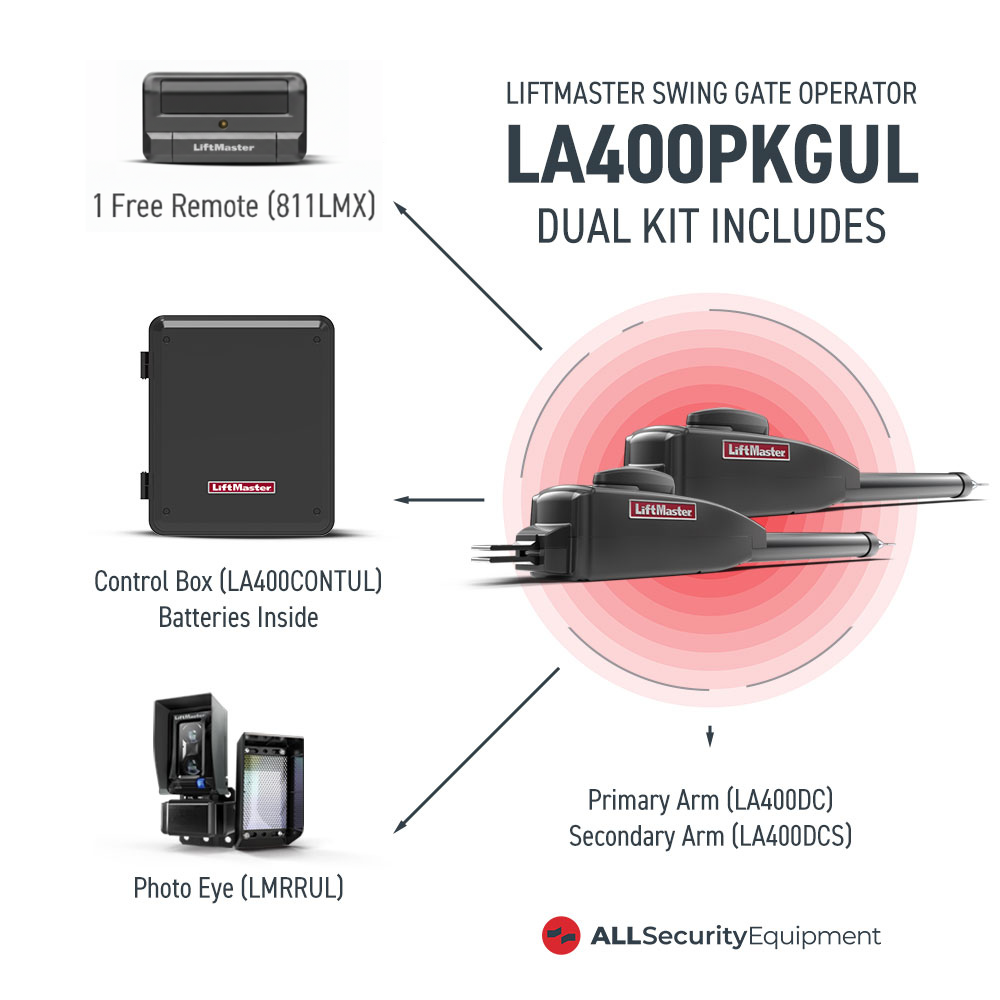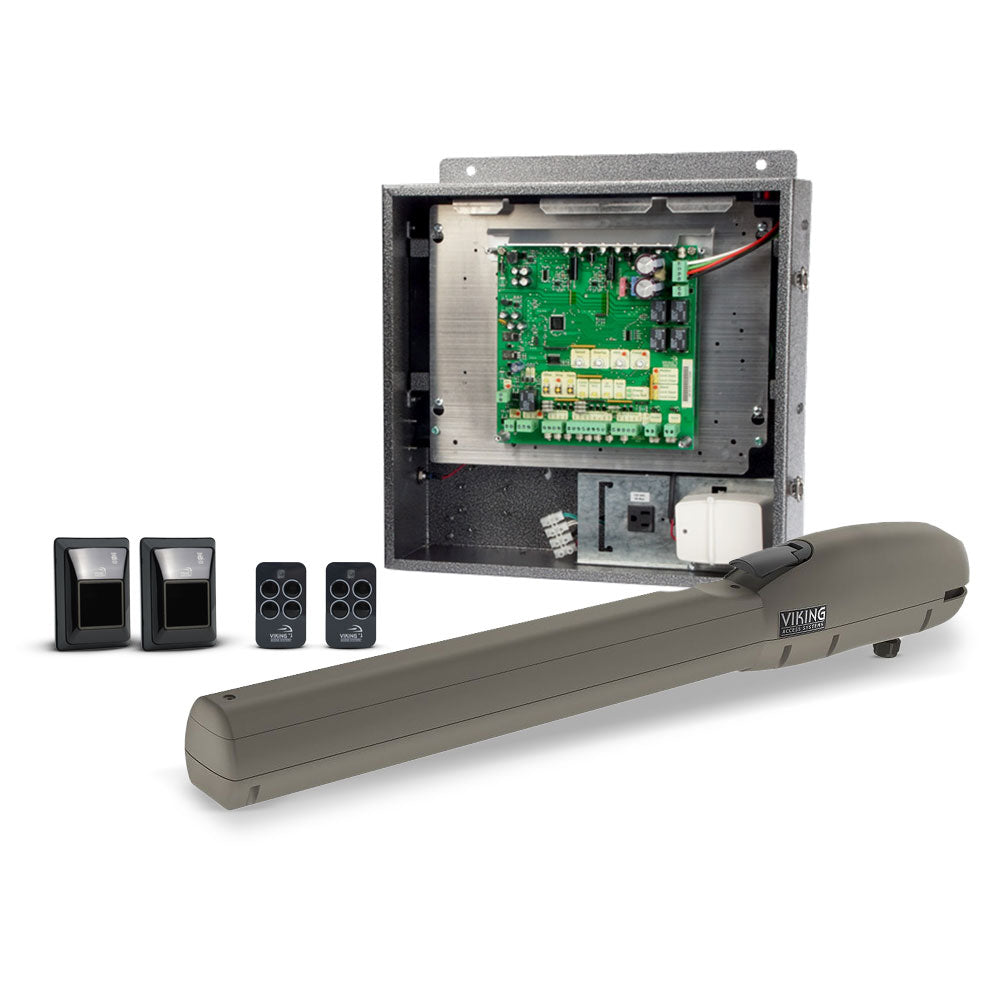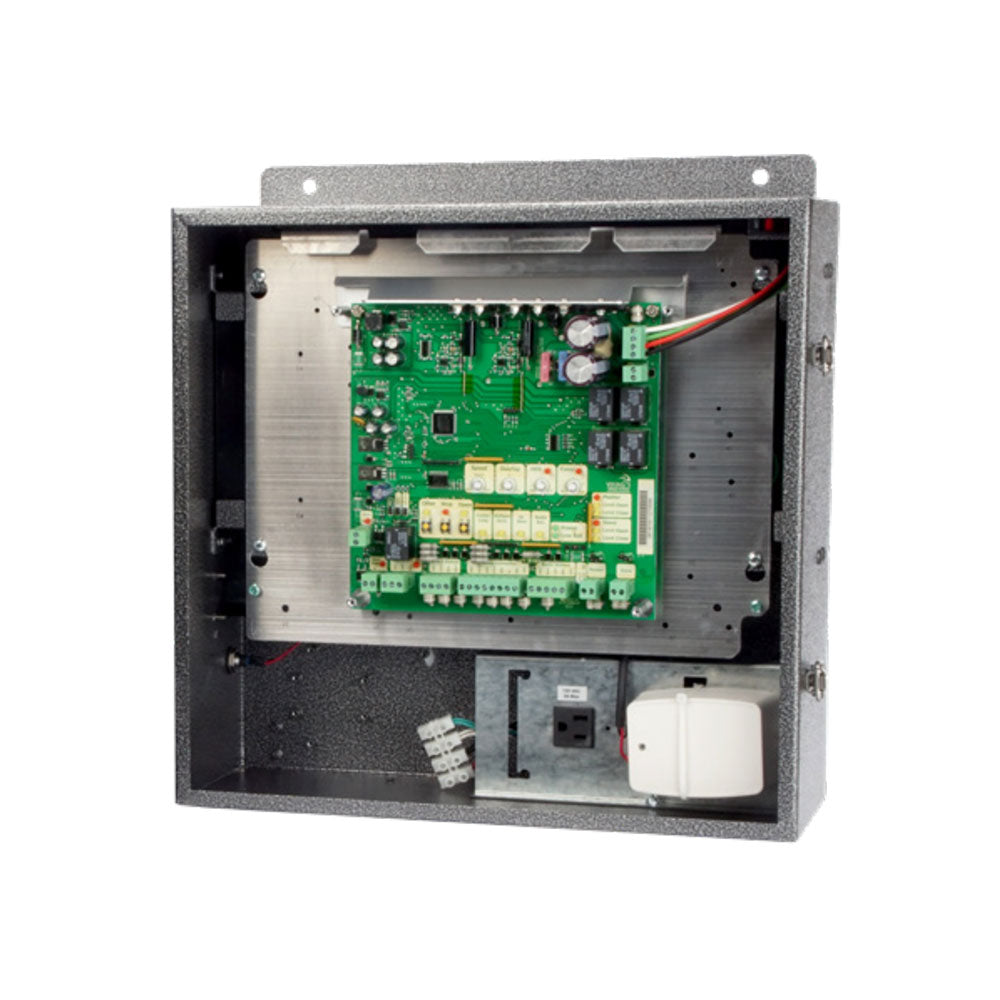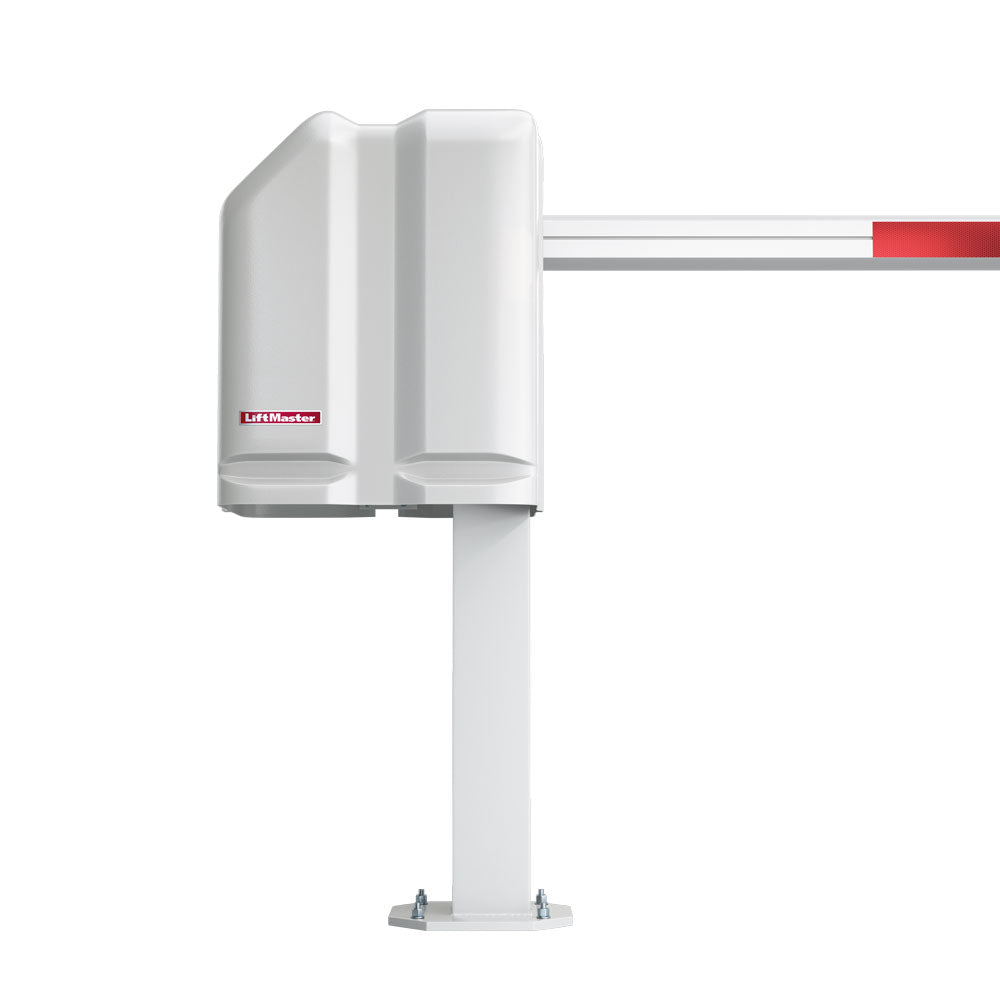Automatic driveway gates make it easy to open and close your gate and safeguard your property. Although electric-powered gates are reliable and operate well throughout the years regardless of the weather, they are energy intensive, increasing your electricity bill.
When appropriately configured, solar-powered gates for the driveway are just as effective, but you do not incur any energy bills. Below is a look at the pros and cons of a solar-powered gate for the driveway.
Pros
Reduce Your Energy Bill
Electric driveway gates consume a significant amount of energy. However, installing a solar-powered gate for your driveway does not have to pay a utility provider, as solar energy is free. Even if your main configuration is electrical, but you supplement it with a solar panel, it will reduce your energy bill significantly. Furthermore, you know the gate will operate even if there is a blackout.
Supports a Sustainable Environment
Solar energy is renewable, and solar panels do not produce emissions, heat, or pollutants or utilize other natural resources. Therefore, it can help to improve water and air quality.
Conversely, electricity is often sourced from fossil fuels such as coal and natural gas, which produce emissions and excessive heat resulting in the greenhouse effect. The greenhouse effect causes major environmental issues, such as damaging the ozone layer, changes in weather patterns, and disasters like flooding.
Great Option for Off-Grid Properties
A solar-powered gate for your driveway is the best option if you live off the electricity grid. Besides, chances are you already have a solar system to cater to your other energy needs in the house.
The alternative would be to feed the main grid power to your property, which can be expensive and time-consuming. You must dig on the ground to run power lines from the closest power pole to your property. You may also have to dig some property sections to pass the power lines. But with solar systems, this is a non-issue.
Solar Powered Gate Openers Are Eligible for Tax Credit
The United States Federal Government offers a 26% tax credit on the cost of a solar-powered gate opener, accessories such as solar panels, a gate operator, remote controls, access control devices, and entrapment protection devices, as well as installation costs. However, the tax credit does not apply to the cost of the gate and its installation.
Cons
High Initial Set-Up Costs
Power gate solar panels are expensive to buy and install. The installation cost depends on factors such as the type of driveway gate, weight, and setup. Installation costs start at $1,000 or less, up to $5000 for advanced configurations. However, high-quality solar panels are worth the investment as they will serve you for many years. The average lifespan of solar panels is 20 to 25 years with proper maintenance.
Have a professional install and configure your solar-powered gate for the driveway. It will be expensive upfront, but you are assured that the gate system will work efficiently. Otherwise, it can cost thousands of dollars in damaged components and reinstallation if not done correctly.
Requires Regular Maintenance
Solar panels are often exposed to harsh weather conditions such as strong winds. Therefore, they require regular maintenance to keep them operating efficiently.
Solar-powered gate maintenance involves checking the batteries for power loss or strong rotten egg odor and replacing them if necessary. It also involves cleaning the solar panels' surfaces to remove debris. Check the control box and solar cells to ensure they are working correctly.
May Not Be Suitable for Some Properties
Solar-powered gates for driveways are best suited for areas that receive sun for at least eight hours a day throughout the year. They do not work well in predominantly rainy or cloudy areas. Position the solar panels in areas that receive maximum solar exposure to ensure enough solar energy is stored and the gate works efficiently.
Therefore, consult a professional to assess your property's suitability for a solar-powered gate. They will advise on the size of solar panels, number of accessories, placement, and battery size depending on the size of the gate and number of daily operations if your property is eligible for a solar-powered gate for the driveway.
May Run Out of Power
Unlike an electric gate, where you know that the gate will operate as long as there is no blackout, a solar-powered gate may fail to work if the batteries run out of power. It could be that there wasn't enough sun for the solar panel to store a significant amount of energy. Repeatedly opening and closing the gate, especially if it’s heavy, can also cause the battery to drain. Install large batteries for heavy gates and regular gate operation to prevent power from running out.
Conclusion
Driveway gates that run on solar power are eco-friendly and save you on energy costs. They are a suitable option if your property is off-grid. You may also qualify for a federal government tax credit to install them.
However, they may not be a suitable option if you live in a primarily cold, cloudy, or rainy area. Or, they may run out of power if there isn't enough solar energy or you open and close the gate too frequently. Also, they have a high installation cost and require regular maintenance.
It is best to research extensively and consult a reputable solar system professional to establish if a solar-powered driveway gate would suit your property. If it does, ask about specifics such as the type and size of polar panels, configuration, and necessary accessories.

